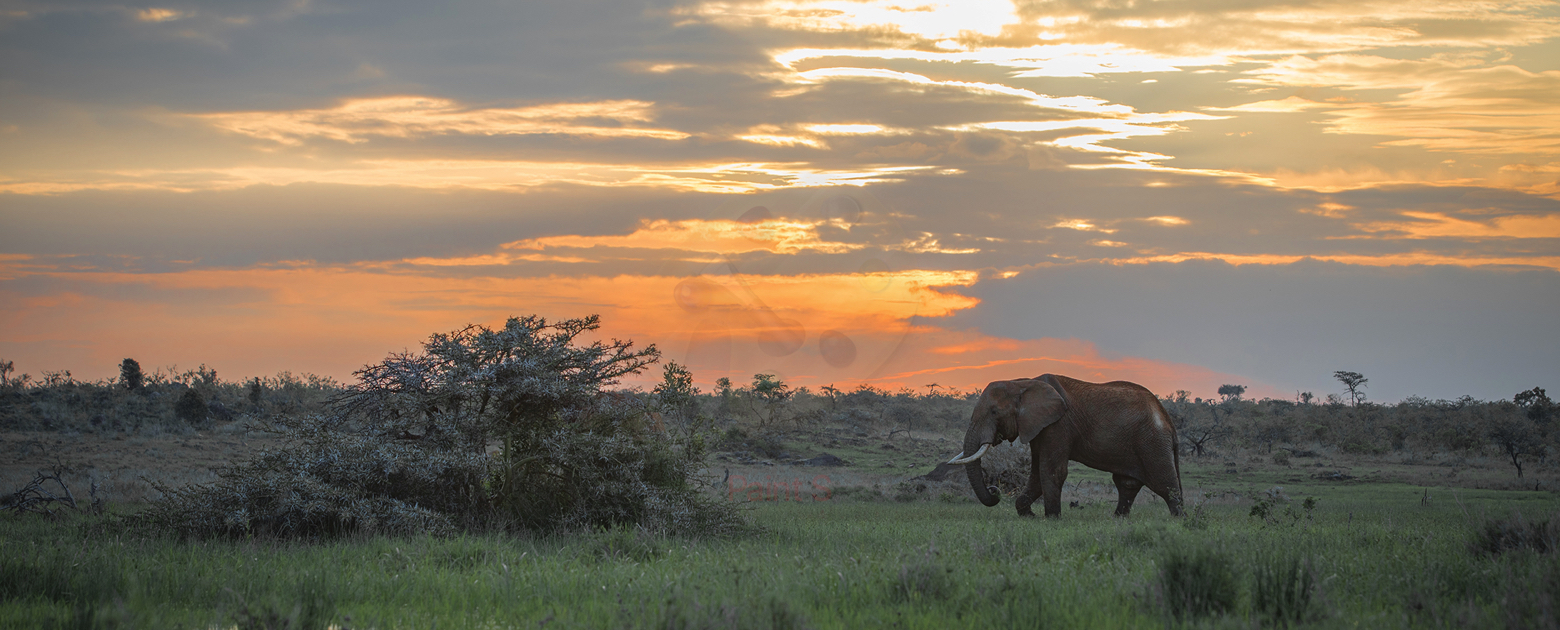Conservation & Sustainability
We are fortunate to live in area where there are large numbers of wildlife, thus, conservation is one of our main priorities and is necessary for the preservation of wildlife and heritage. Mugie, Ekorian, and The Moyo Foundation collaborate to participate in several projects.
Community Conservation Education
Mugie integrates community conservation educationin the school, in outreach health clinics, and in the work of those employed at Mugie. A weekly mandatory litter clean up across all departments of Mugie, keeps Mugie looking good, but more importantly, encourages people to think twice before they discard their waste and shows the impact of litter on the environment. Mugie has also banned single-use plastics in the canteen, and encourages the use of reusable water bottles and bags.
Human-wildlife conflict is evidenced as one of the greatest long-term threatsto Africa’s wildlife. Consequences of the conflict are felt especially by carnivores (often killed as a result of retaliation for livestock losses) and people, who suffer losses of human life. With diminishing ranges for wildlife due to increased urban sprawl and human population, it is incredibly important that education about wildlife and how critical it is to coexist in harmony.
Wildlife Corridors
We are fortunate to live in an area of such diverse and plentiful wildlife. But with the unavoidable ‘development’ of Kenya – pushed on by urban sprawl and population growth – means that adjustments need to be made in order to sustainable accommodate that change. The paving of the C77 road transecting Mugie is one such example. Mugie has successfully advocated for the re-alignment of the proposed route to avoid the Mugie springs – a delicate ecosystem and critical water source that would be devastated by heavy machinery, sound pollution, and traffic. Landscape connectivity is critical in maintaining equilibrium and for the survival of both humans and wildlife.
The road paving has the potential to be incredibly dangerous, with increased traffic speeds, volume, and frequency a major threat to wildlife, we are looking at it as a research opportunity. This is a chance to discover sustainable ways to meld the conservation and connectivity of wildlife, with the ‘development’ that humankind inevitable pursues. For instance, using the maps produced by the cheetah and lion tracking collars, we can pinpoint where those animals cross the C77 road, and therefore where it would be best to locate some of the wildlife corridors. In addition to traditional wildlife crossings, we are advocating for an overland bridge. These ‘eco-ducts’ have been shown to be effective throughout the world – saving the lives of animals and people.
Predator Project and the Cheetah and Wild Dog Project
Mugie is a venue for several conservation projects. In collaboration with the Predator Project and the Cheetah and Wild Dog Project, Mugie monitors the movement, activity, and behavior with radio tracking collars on one cheetah and two lions. The information about the movement and activities of these animals adds considerably to the knowledge base and education available.
Lion Landscapes
Lion Landscapes is an independent lion conservation organisation, operating in Africa, that works in partnership with local stakeholders to develop holistic programs that support lions, their prey, the habitat and local people. The organization focuses on lion research, capacity building and innovation and teams from Ekorian and Mugie, gather data for Lion Landscapes by collecting lion scat samples. We also provide valuable qualitative information about the lions’ behavior and activities. This project ultimately will help in the conservation of these great cats through the mitigation of the human-livestock-wildlife conflict by an increased understanding of them.
Bee-keeping
We know the importance of bees to the success of all living things. The Moyo Foundation and Ekorian are piloting a project in sourcing sustainable honey and connecting it with a market. The project features sustainable bee-keeping at Mugie with 20 of our own bee hives used as a barrier to elephants from Mugie’s crops.





